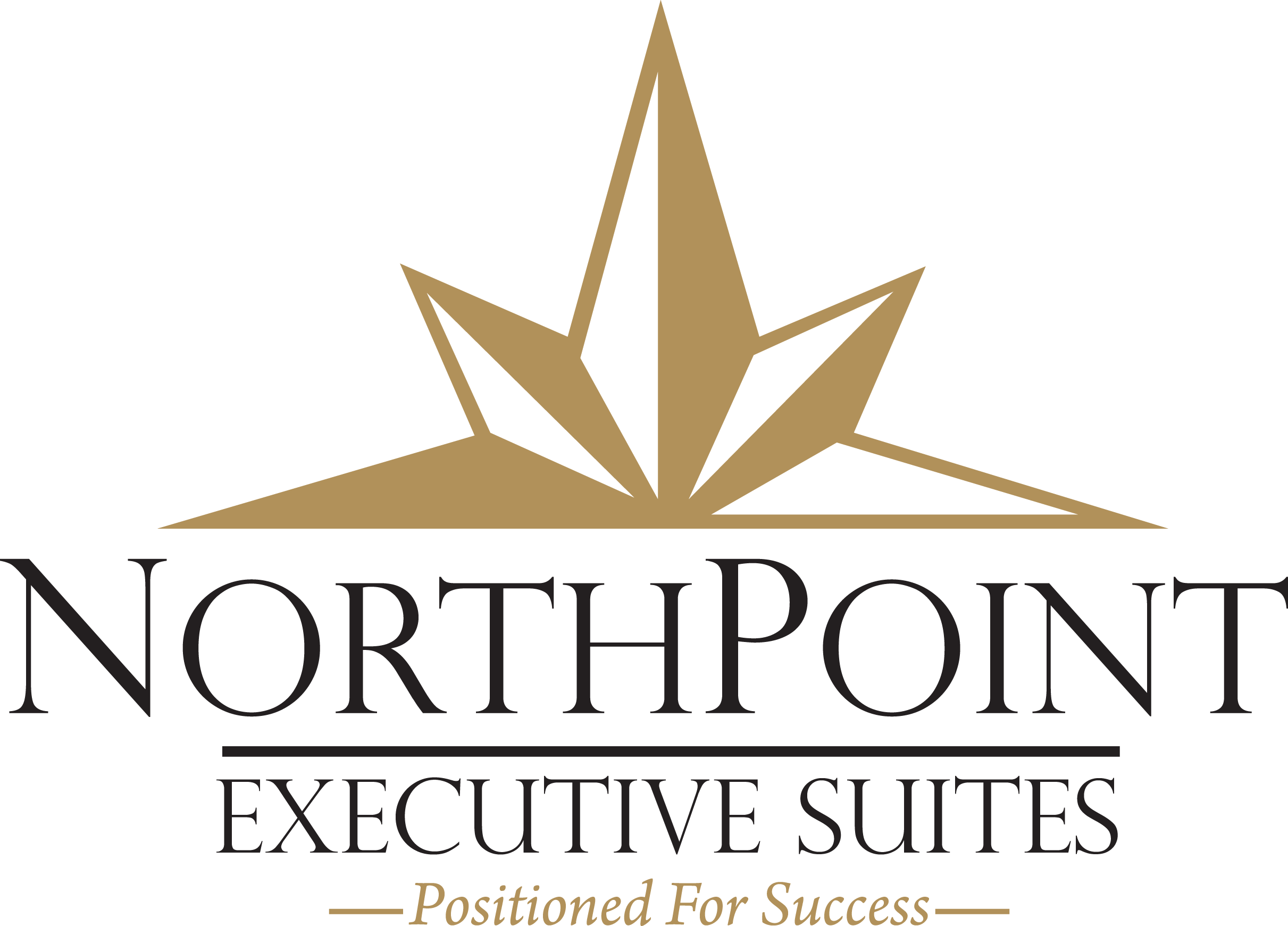In the U.S., people work an average of 45 hours per week and consider 16 of those hours to be unproductive. Businesses and industries have distinct goals and derive from and build off of different resources (donations, profits, contracts, staff size, infrastructure, etc.). However, there is one resource common to and equal among all industries, projects, managers, and employees: time.
Wherever you are starting from and whatever your goals are, professionally or personally, being more productive with this finite resource will make you more successful. Increasing productivity at work is an obvious strategy to improve outcomes and push beyond your goals. Here are some ways to maximize your time and increase productivity:
Set a schedule, not a to-do list.
If you let yourself, you could probably make a to-do list that covers a year of work right now, but it wouldn’t bring you any closer to completing the tasks and may just lead to feeling defeated, overwhelmed, or unsure of what steps to take. When most people look at their calendar in a work week, they see scheduled meetings, phone calls, doctor’s appointments, and perhaps project deadlines. In between those blocked-off times, how much of it is spent doing deep work (work produces results, innovation, proactive strategic thinking, and problem-solving)? Chances are a lot of that time is spent checking email, falling down the internet or social media rabbit hole, answering to co-workers (work or non-work related) or doing quick and easy tasks. Most of these things are unavoidable but if you always reacting then you are never advancing.
Aim to schedule in at least two hours per day of concentrated, uninterrupted work. Block it off on your calendar. To really protect and make this time work for you, you might consider doing it in the morning. Research shows that generally people are most alert, creative, and sharp within 2.5 to 4 hours of waking up; if you have the flexibility or a boss who may be willing to give this a try, you may consider starting your day off working from home. As for the rest of your tasks and scheduled time, consider tracking your time and activities for a couple of days. Are there things that are taking longer at an opportunity cost? With that in mind…
Limit meetings.
A survey of 162 senior managers showed that 65 percent felt meetings were unproductive, 71 percent felt they interrupted deep work, and 62 percent felt they take away from opportunities to bring the team closer together. If you have “regular standing meetings,” assess how frequently you are having them. Is there something new that everyone needs to weigh in on every time? Can any of that information be shared in an email or content management system?
To make meetings more efficient, also limit the attendance. Decisions and information sharing come faster with fewer people (who can relay information to the rest of their teammates) while the other team members are able to stay concentrated on their work.
Cultivating happiness grows productivity.
The number of hours at work is not a determinant of productivity, employee work, or self-worth. Healthy and balanced employees with a positive outlook produce better results. This includes daily habits like keeping a sleep and exercise schedule and starting your day with breakfast. If you feel positive about your work rather than a slave to it, your focus on the big picture and the overall fulfilment of the work with produce results.
Part of feeling good about your work is owning it; it doesn’t own you. Breaks create more productivity and help us get along better. This means taking your lunch breaks and vacation times, leaving work on time, and taking mini breaks during the day. Creative thinking and problem solving often occurs in the shower, not staring at a computer. Consecutive sedentary hours reduce productivity, and those extra hours tact no longer add any benefit. In fact, working over 39 hours per week is shown to have long-term health consequences and health is an obvious factor in how much you can accomplish and how long your career will last.
Remember that any time you are doing one thing, you are not doing another. Make sure that what you are doing is what is most important to you, your goals, and your big picture. Saying no to things that detract from your deep work, setting time boundaries on tasks that don’t bring about results, challenging some of the office setting norms, limiting meetings, and prioritizing sleep and breaks may seem contrary to the competitive workaholic nature but give it a try and see how much more you can accomplish (and how much better you can feel).



You must be logged in to leave a reply.